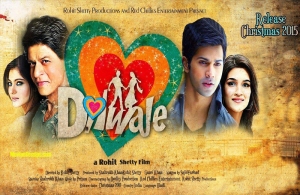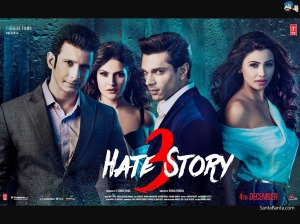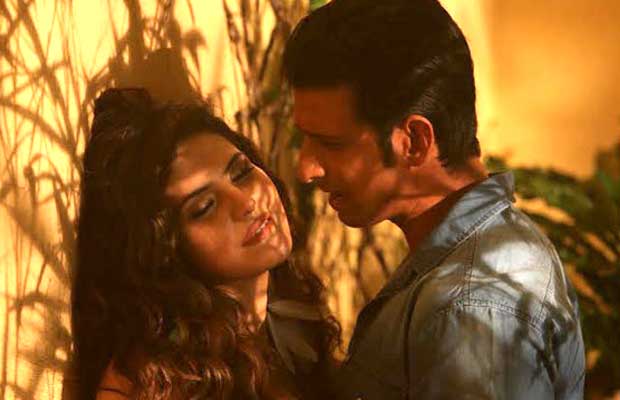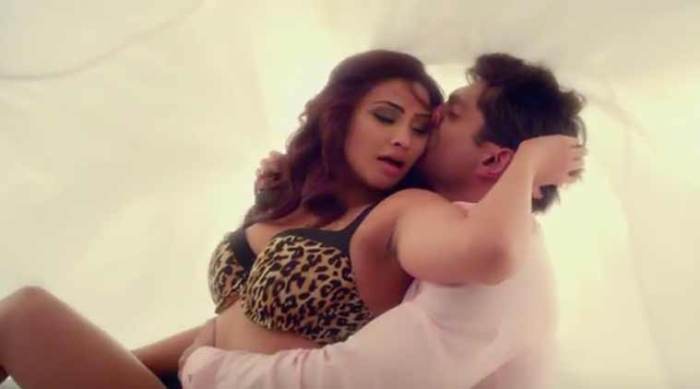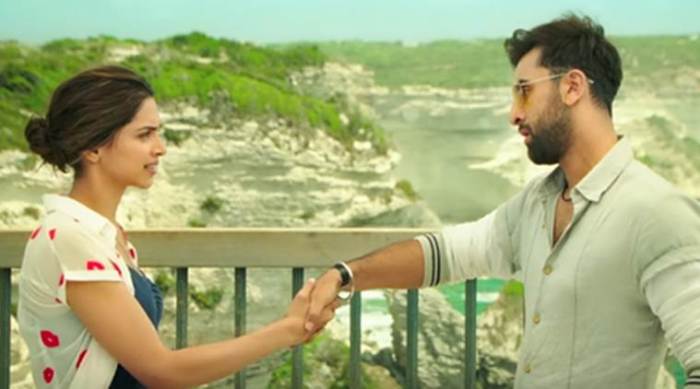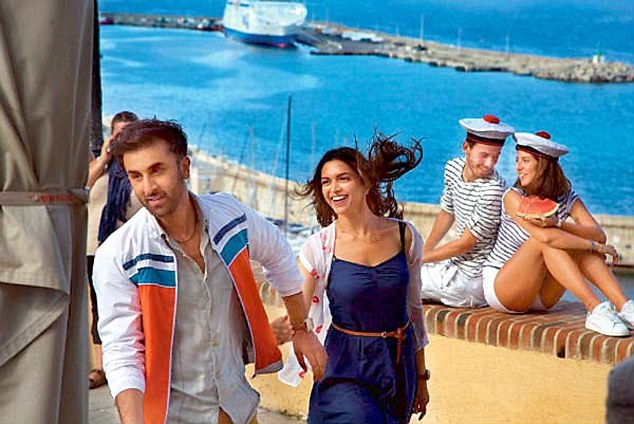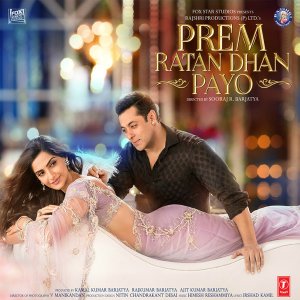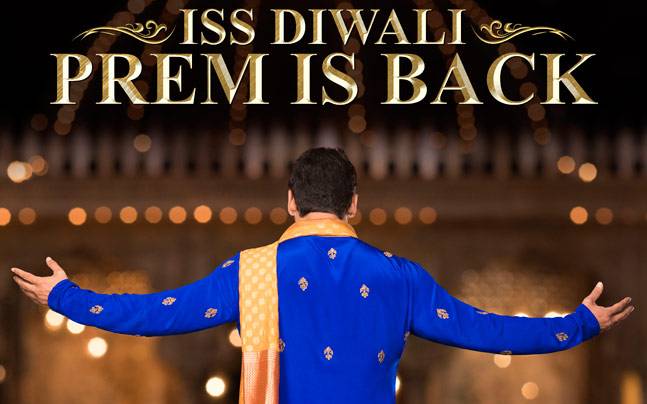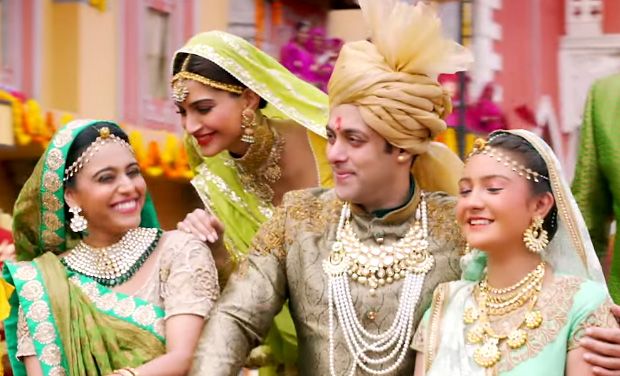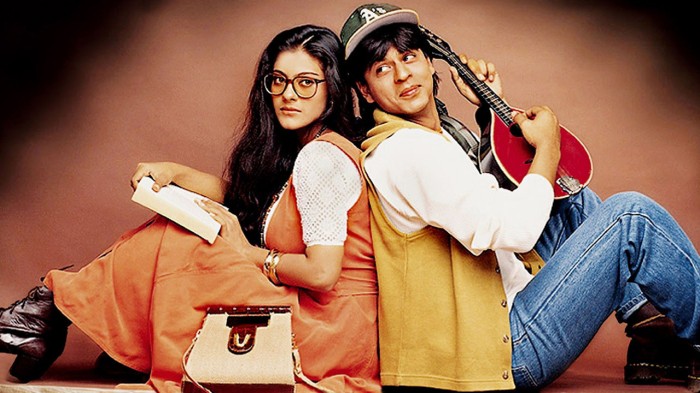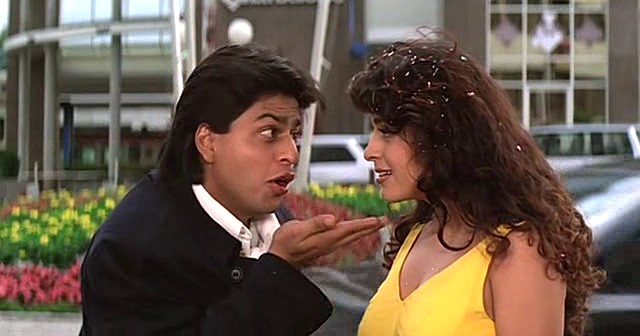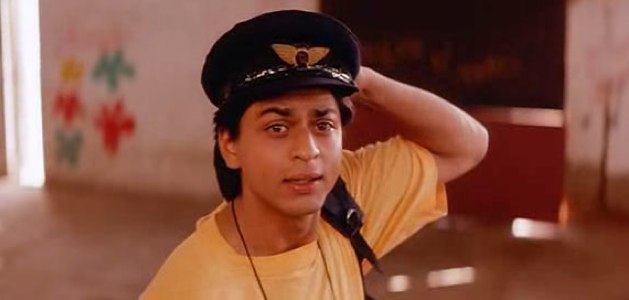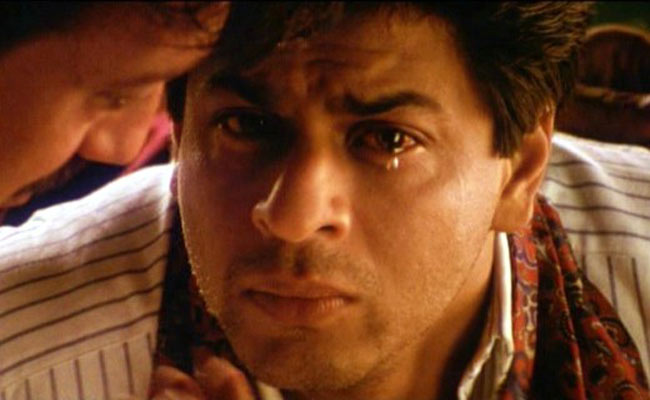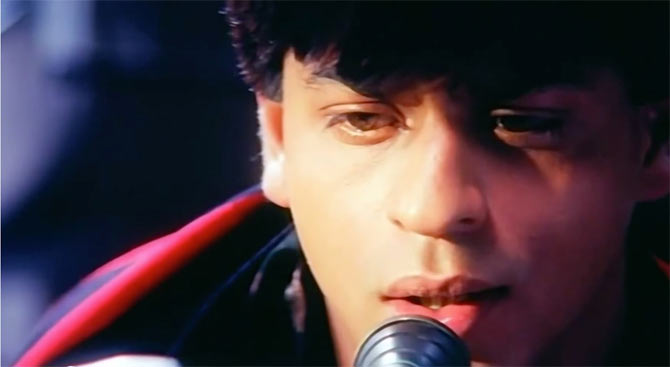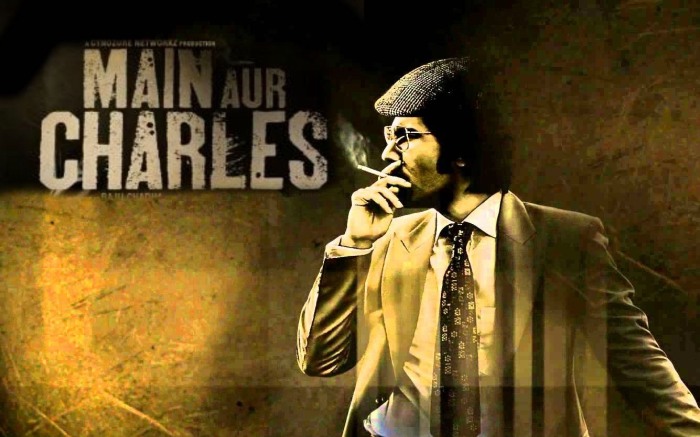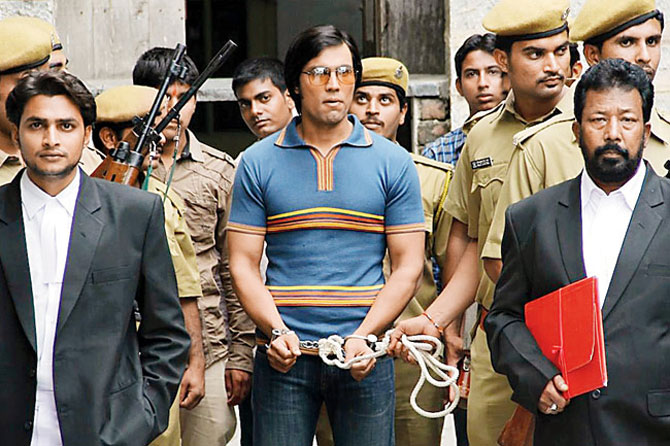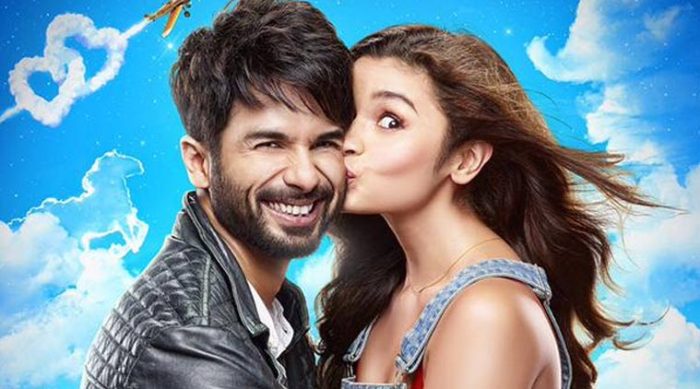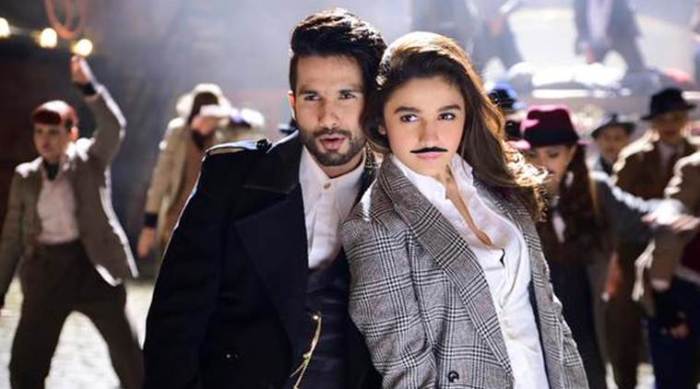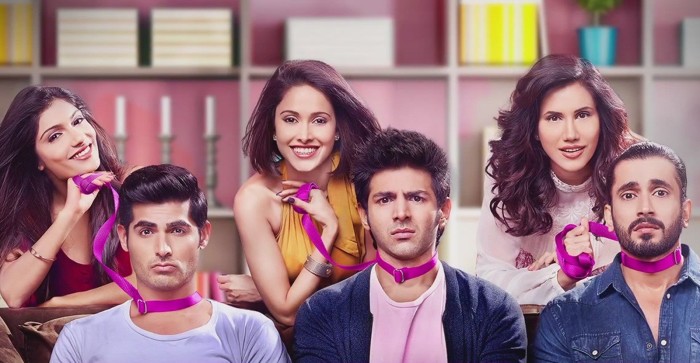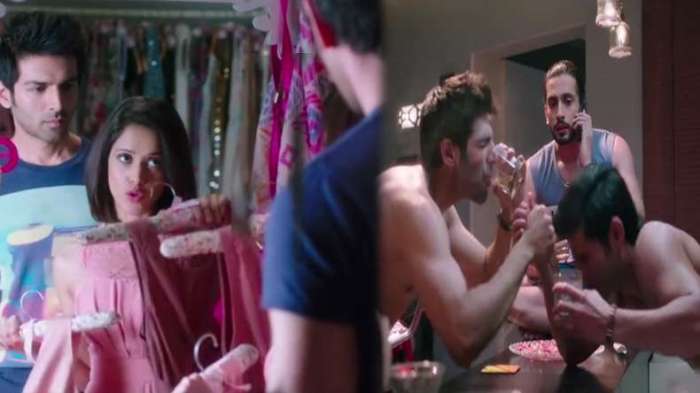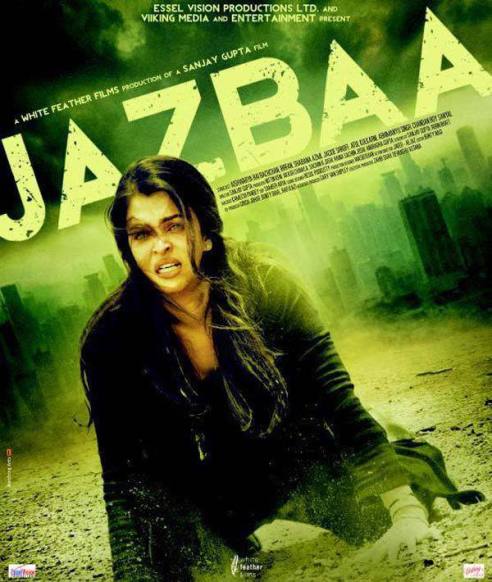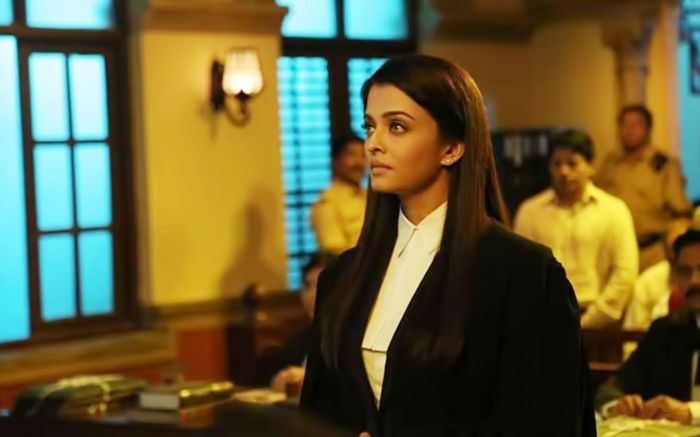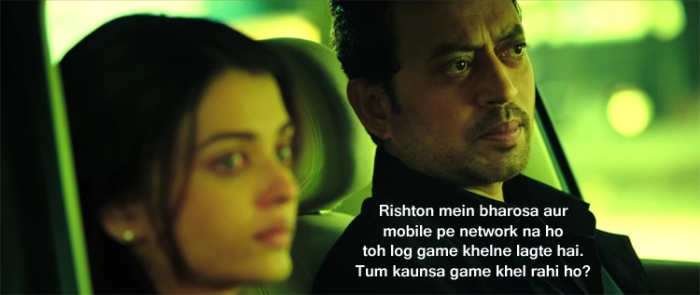When you come out of a movie theater after watching a film, typically there are two possible reactions. You may have either liked the film or disliked it. Of course, the extent of like and dislike may vary – sometimes you love a film so much that you literally beg people to go out and watch it, or a film leaves such a deep, profound impact on you that you start connecting with it at a different level altogether.
On the other side of spectrum, at times you don’t just dislike a film but rather go on to hate it wholeheartedly. You discourage people from watching the film and feel cheated yourself because your own hard-earned money is seemingly wasted. The various hues of these two reactions – like and dislike – are most natural and in fact the ultimate reward for any filmmaker in the world.
But, there’s a highly stupid third kind of reaction to movies these days where a section of the ‘evolved’ movie enthusiasts tries to patronize rest of the audiences. So, it’s not uncommon to hear verdicts like these – “I don’t understand why these people continue to watch films like Dilwale. No wonder Bollywood continues to be where it is right now and the audience would never come to know what ‘real cinema’ is.”
You can laugh off or simply scoff at this patronizing and preachy behavior of the evolved cinephile community, but the stakes go a few notches up when this kind of reactionary and black-and-white verdict is delivered by a film reviewer – who obviously wields at least some influence over people’s movie watching decisions. Therefore, I was both alarmed and outraged by this review of Dilwale on Huffington Post’s India website which went by the title ‘This Movie Sucks, And We are to Blame for its Existence’.

First up, it does not augur well for a professional reviewer writing for on a global media giant to use an Internet slang like ‘sucks’ to prove his point to the readers. It reminds me of those casual college banters where a guy using the ‘F’ word or its more crude Hindi equivalents several times would think that he has won the argument. Keeping aside my reservations against the use of slang, I really wonder what makes anyone question the sheer ‘existence of a film’. And as if it is not enough, who gives these evolved, elite saviors of cinema the right to blame the audiences for their movie choices!
You want to know why Dilwale exists. It exists because a bunch of people worked really hard to put it up together. Yes, even these rich and ugly 100-crore grossing people sweat and bleed to make their films. You didn’t like the film? Too bad – be careful about your movie choices next time around. Ask your friends to not watch the film, save your family from the horror, rant about it on social media, troll the filmmakers. BUT, do not question the intellect/decision-making ability of crores of other people who choose to watch the film and have the right to like it if they want to!
The saviors of cinema need to realize that not everyone walks into a movie theatre to achieve intellectual orgasms. Some go out there just to have fun, or just to soak up the AC, or watch their favorite star, or worse just to sleep – you have a problem? The audiences willingly go out and watch a film, pass a verdict based on the film’s merits, and in all humility we all should accept it. If Dilwale actually ‘sucks’, it will eventually sink at the box office, but, if it does not, you do not have the right to call names to people who make the film work. Because, it is Dilwale today, was PRDP a few weeks back, Happy New Year last year, Ready few years back and would definitely be some other big monstrous release next year.
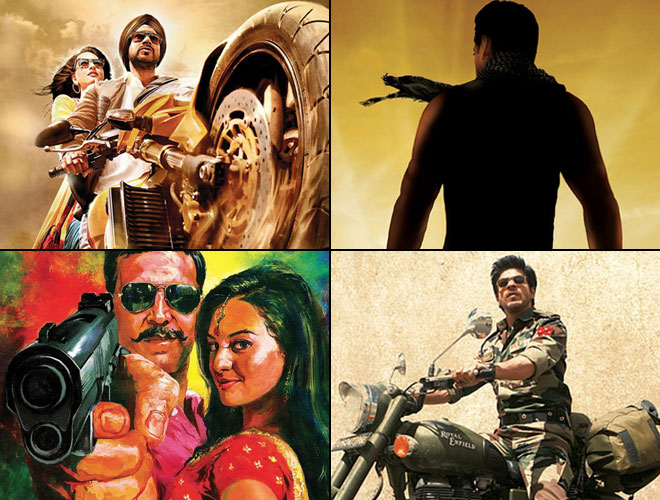
Not every mediocre, below par product has to ‘suck’ and stop existing. Yes, I know it is 2015 and the audiences’ cinematic taste is evolving, but there is and will always be mediocrity around the corner. You will have to accept it the same way you accept any and every Superhero or ‘saving-the-word’ kind of garbage that is thrown at you from Hollywood. The Shettys and Khans are recycling ideas from the same old machine that Hollywood does, albeit in a much more Indian and formulaic way. Deal with it.
And lastly, I would really like to see for how long does your cerebral, evolved Bollywood survive once you take out these ‘mindless’ multi-crore grossers. Do not forget that if there is some hope now for smaller, niche films to get theatrical release, it is because production houses and corporates are ready to back them. And this backing comes from the financial cushion provided to these producers by their alternative big-budget money spinners.
So, for Heaven’s sake, let’s treat films like films and not a referendum on humanity and existentialism. The beauty of Bollywood lies in how far and diverse its all ends are – for every Tamasha there is a Nasha, for every Dilwale there is a DDLJ. The way forward lies in coexistence and letting the audiences decide for themselves – these are wise people who know how to differentiate between good and bad, mediocre and poor, profound and artificial. Live and let live.
P.S. – I watched Dilwale yesterday and found it to be a bad film. But, nowhere did I feel that my modesty had been outraged or I should start blaming people sitting in the theater for my misery.

